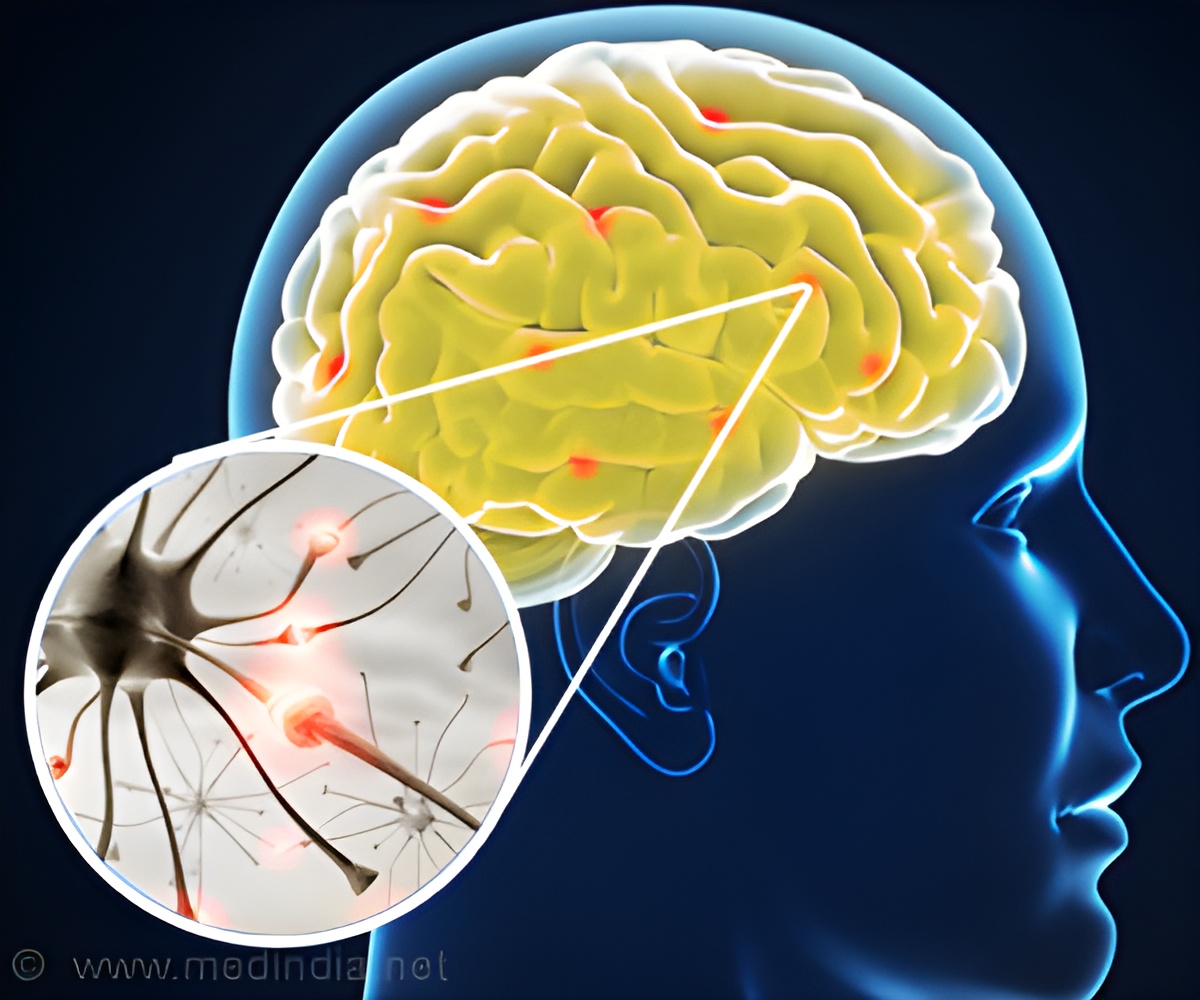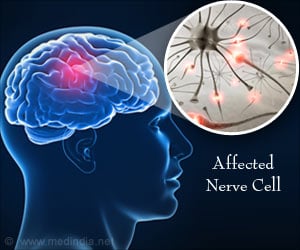A bacterial by-product known to be important in maintaining gut health may slow the progression of amyotrophic lateral sclerosis.

TOP INSIGHT
The compound butyrate helped correct a gut microbiome imbalance and reduced gut leakiness - both symptoms of amyotrophic lateral sclerosis.
Researchers at the University of Illinois at Chicago College of Medicine report that in a mouse model of ALS, the compound butyrate helped correct a gut microbiome imbalance and reduced gut leakiness - both symptoms of ALS. The treated mice lived also longer compared to mice that weren't given butyrate.
The finding is reported in Clinical Therapeutics.
"The brain and the gut are linked, so it's not too surprising that the health of the gut can impact the functioning of neurons," says Jun Sun, associate professor of gastroenterology and hepatology at UIC and corresponding author of the paper. In March, she and her coworkers were the first to identify a gut component to ALS progression.
The gut microbiome - the myriad bacteria, viruses and other microbes that make the gut their home - when in balance, helps maintain health, starting with the gut lining. Leaky gut in ALS may lead to increased inflammation. Reducing this gut-associated inflammation has been a goal of clinicians and researchers, and rebalancing the gut microbiome has shown promise in small-animal studies.
When the researchers fed the ALS-prone mice butyrate in their water, starting when the mice were 35 to 42 days old, the mice showed a restored gut microbiome profile and improved gut integrity. Butyrate-treated mice also showed improved neuromuscular function and delayed onset of ALS symptoms. Treated mice showed symptoms at 150 days old compared to control mice at about 110 days. Treated mice also lived an average 38 days longer than mice not given butyrate.
Source-Eurekalert
 MEDINDIA
MEDINDIA




 Email
Email




